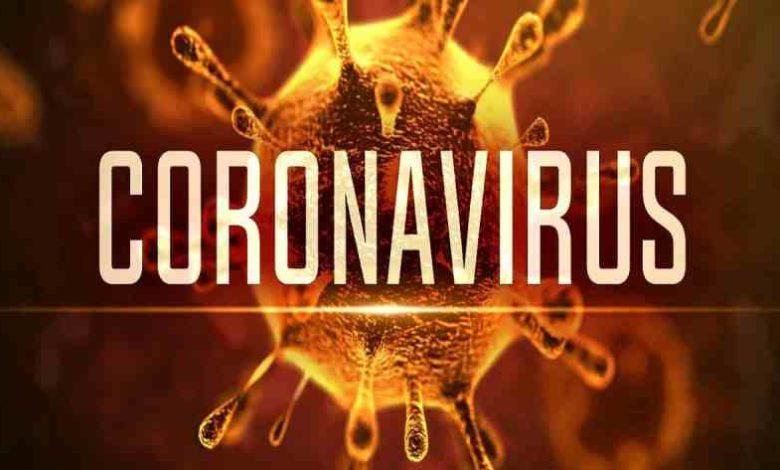Covid-19 Stimulus Package Protects Mental Health/Addiction Treatment

U.S. Senator Roy Blunt (Mo.) announced that the Coronavirus Aid, Relief, & Economic Security (CARES) Act, which has been signed into law, extends funding for Certified Community Behavioral Health Clinics (CCBHCs) in Missouri and other states through November.
CCBHCs were established in Blunt and U.S. Senator Debbie Stabenow’s (Mich.) 2014 Excellence in Mental Health and Addiction Treatment Act, the most significant expansion of community mental health and addiction services in decades. Missouri was one of eight states selected to participate in the Excellence in Mental Health pilot program. The CARES Act expands the program to two additional states and continues funding for CCBHCs in Missouri.
“The coronavirus has disrupted Americans’ lives in ways we’ve never seen before. Making sure we have the resources in place to not just respond to the physical health challenges but also the mental and behavioral health challenges is absolutely critical,” said Blunt. “Every day, these centers are providing affordable, around-the-clock services to help people struggling with a mental health or addiction issue. CCBHCs have been successful in reducing hospitalizations and emergency room visits, and using telehealth to treat patients, all of which will help providers focus in-demand resources on coronavirus response efforts. This program is working, and I’m glad it will continue to be available for current patients and anyone who needs help coping with the impact of this pandemic.”
About one in five Americans has a mental health issue that is diagnosable and nearly always treatable, but fewer than half of them receive the treatment they need. CCBHCs provide a wide range of services, including 24/7/365 crisis services, immediate screenings, risk assessments, and diagnoses. They provide outpatient mental health and substance abuse treatment services, as well as coordination of care and partnerships with emergency rooms, law enforcement, and veterans groups.
Blunt and Stabenow recently co-authored an op-ed calling for CCBHCs to be included in the CARES Act, noting that, “[P]eople who misuse opioids are at high risk for coronavirus. According to the National Institute on Drug Abuse and other health experts, opioids impact the respiratory and pulmonary health of users and make them more susceptible to respiratory infections, including coronavirus. People who are living with a mental illness or addiction often have other health conditions that make them more likely to suffer severe complications from the coronavirus.”
At a press conference earlier this month, Blunt highlighted a new report released by the National Council for Behavioral Health that found CCBHC patients reported around a 62% reduction in both hospitalization and emergency room visits, and 78% of CCBHCs can offer an appointment within a week or less. Blunt shared examples of how the Excellence program in Missouri is aiding law enforcement and helping people get mental health and addiction services faster and closer to home.



